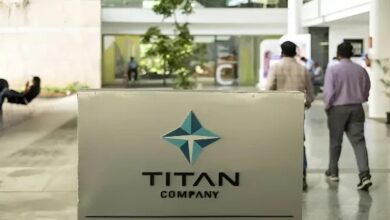The CEO of an Italian defense business claims that “this,” not AI, poses a much greater danger to humanity
Leading Italian defense corporation Leonardo feels that the development of artificial intelligence (AI) is not as dangerous as human decision-making.

The CEO of Leonardo, Roberto Cingolani, emphasized the history of war in humankind in a CNBC interview. “To be honest, what concerns me more is the lack of control from humans, who are still making wars after 2,000 years,” he said.
Cingolani played down the anxiety associated with AI, seeing it as a human-made instrument.
“A tool is artificial intelligence. It is a human-made program that operates on human-made computers and governs human-made machinery,” he said. He seemed more worried about “national stupidity” than he was about possible AI risks.
Even with his views on AI, Cingolani admits that defense firms must embrace digitalization. Leonardo intends to launch “autonomous systems and services” that are AI-powered. Saying, “It is a complete change of paradigm,” he emphasized the major technical transition this signifies for the defense industry.
Although Cingolani considers human behavior to be the main danger, he acknowledges the significance of AI integration in contemporary defense plans.
AI regulation
More and more IT executives are advocating for artificial intelligence (AI) legislation. The CEO of OpenAI, Sam Altman, has voiced worries about the abuse of AI and the need of working with governments to stop unfavorable results.
Google CEO Sundar Pichai agrees that regulations are necessary since artificial intelligence is so complicated. The well-known alarmist Elon Musk has pushed for the creation of a regulatory agency to monitor the development of artificial intelligence. The CEO of Microsoft, Satya Nadella, supports this cautious strategy by advocating for laws that guarantee ethical AI research.
These opinions of powerful corporate figures demonstrate how awareness of the possible dangers of AI is spreading. The businesses may disagree on the best way to govern AI, but they all agree that it is necessary.







